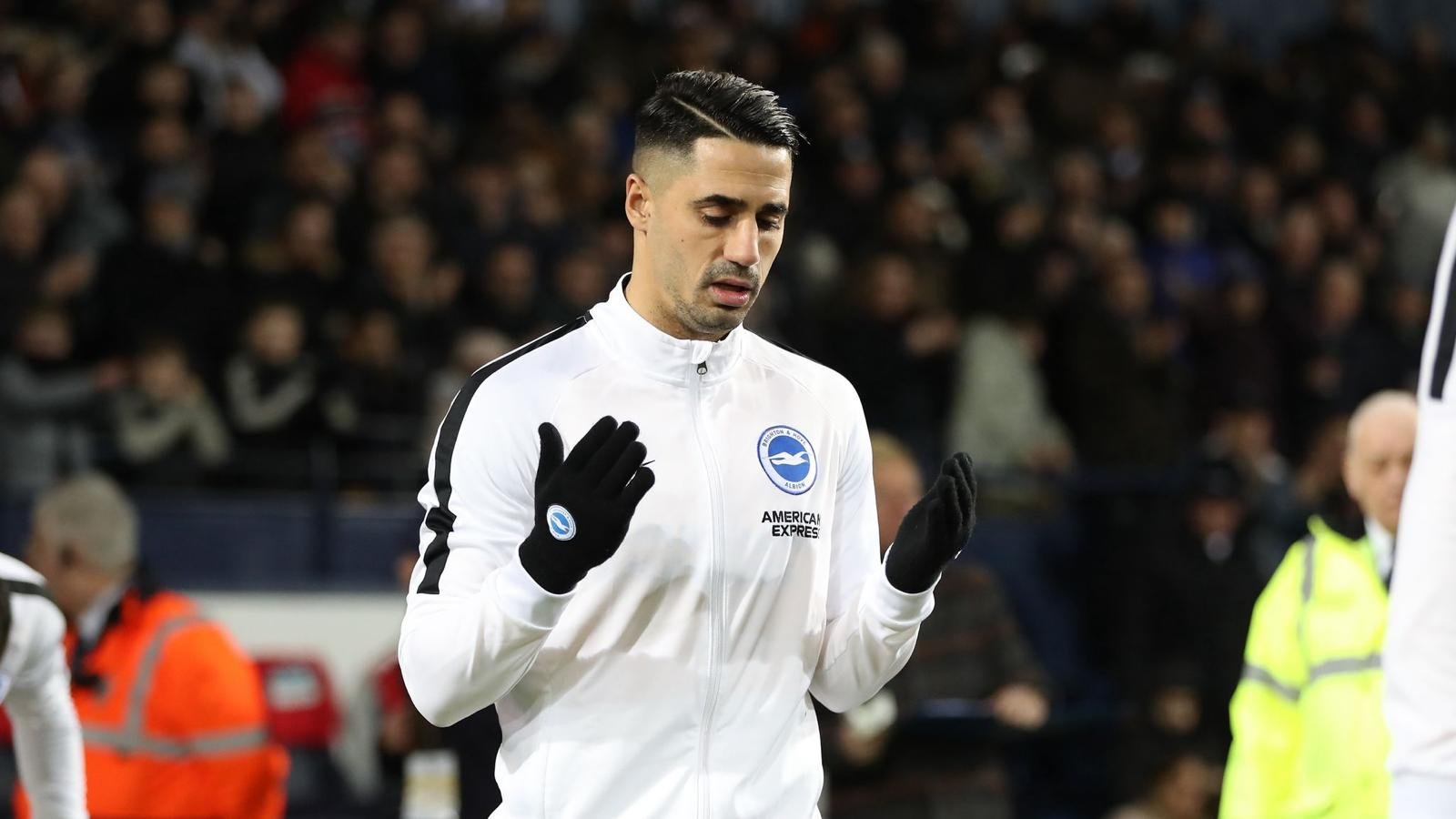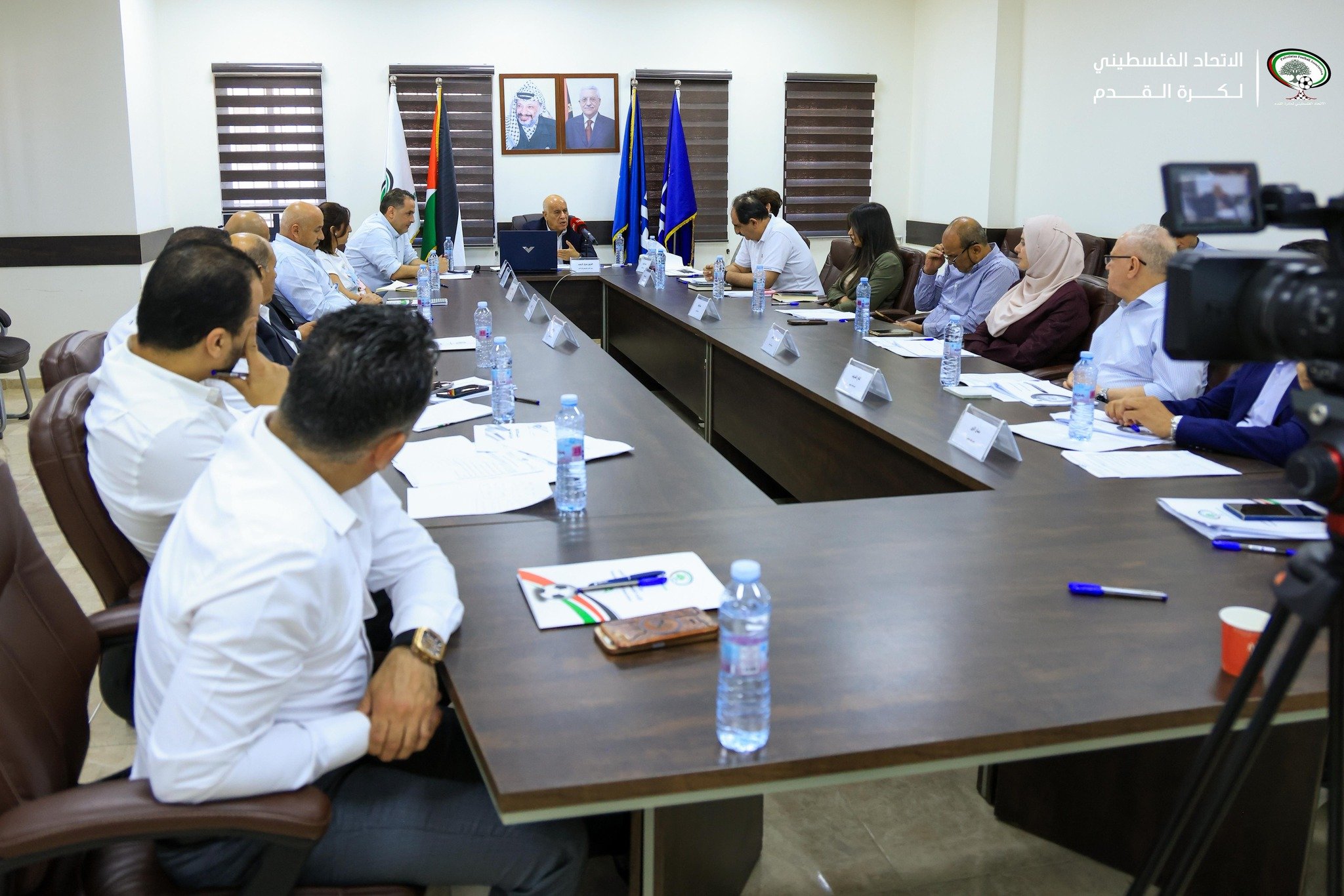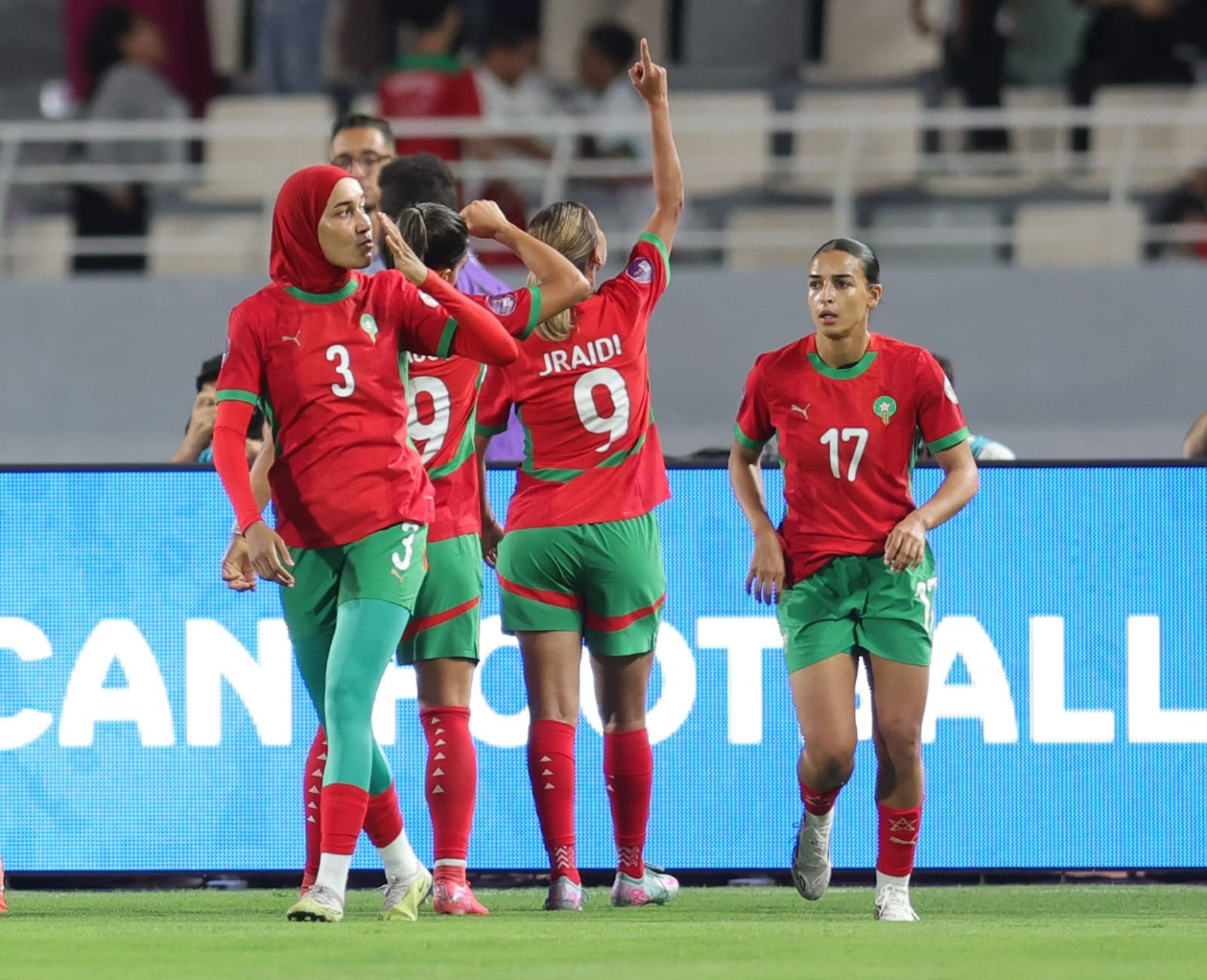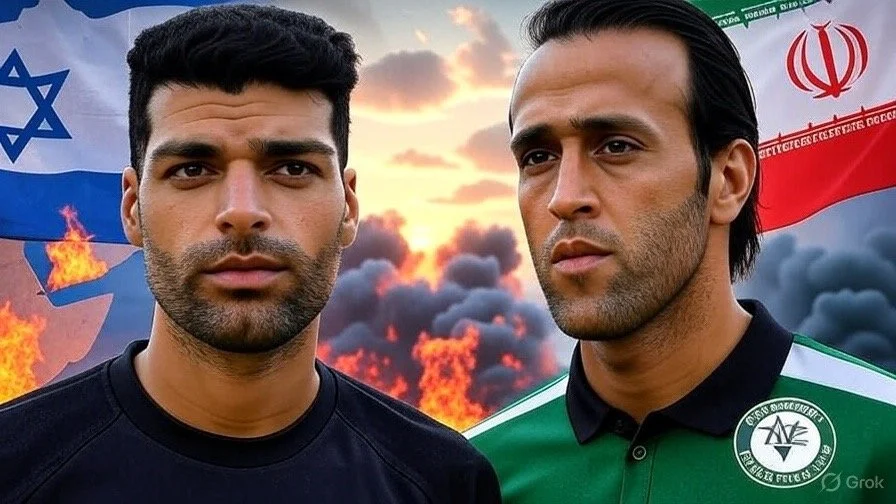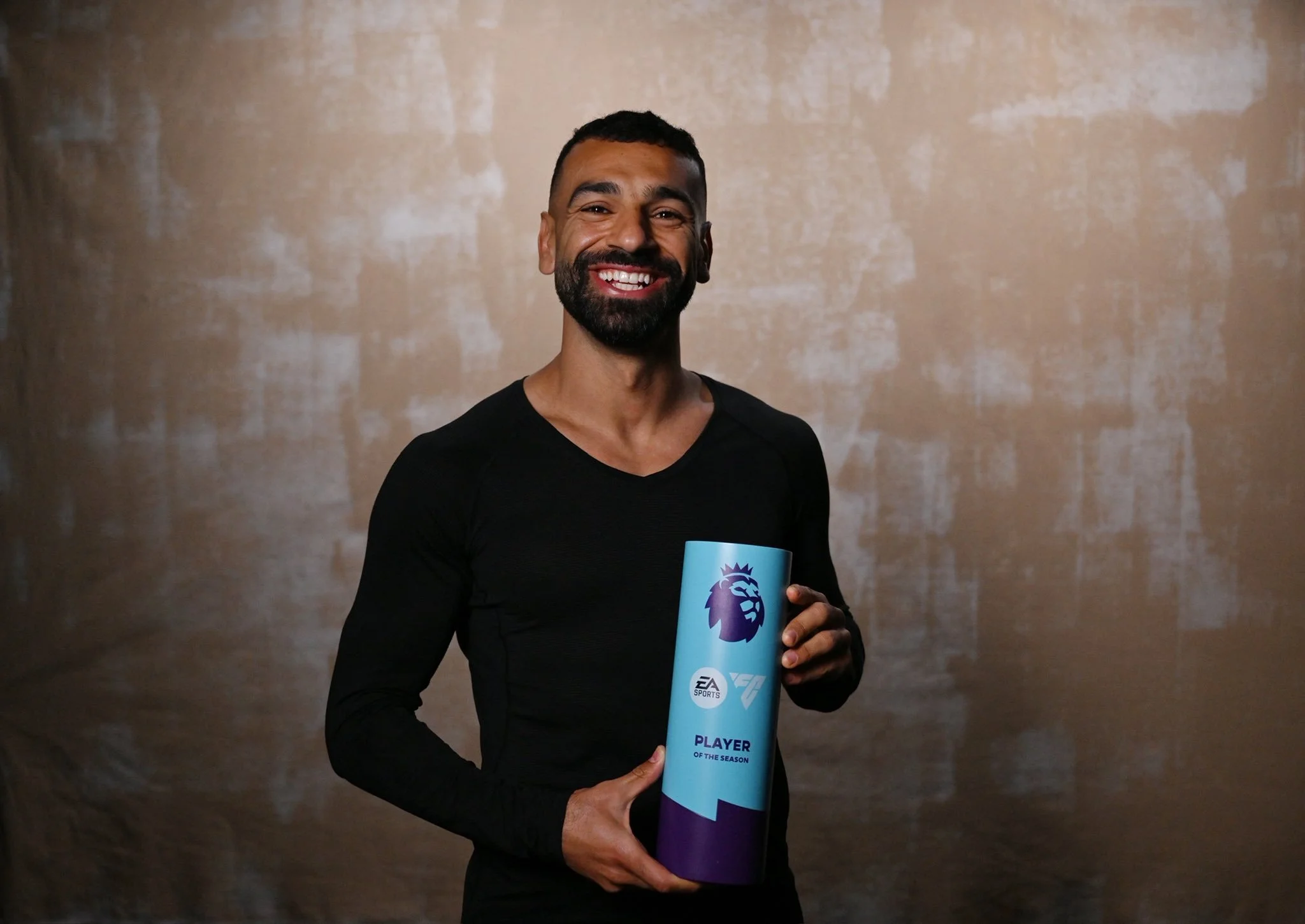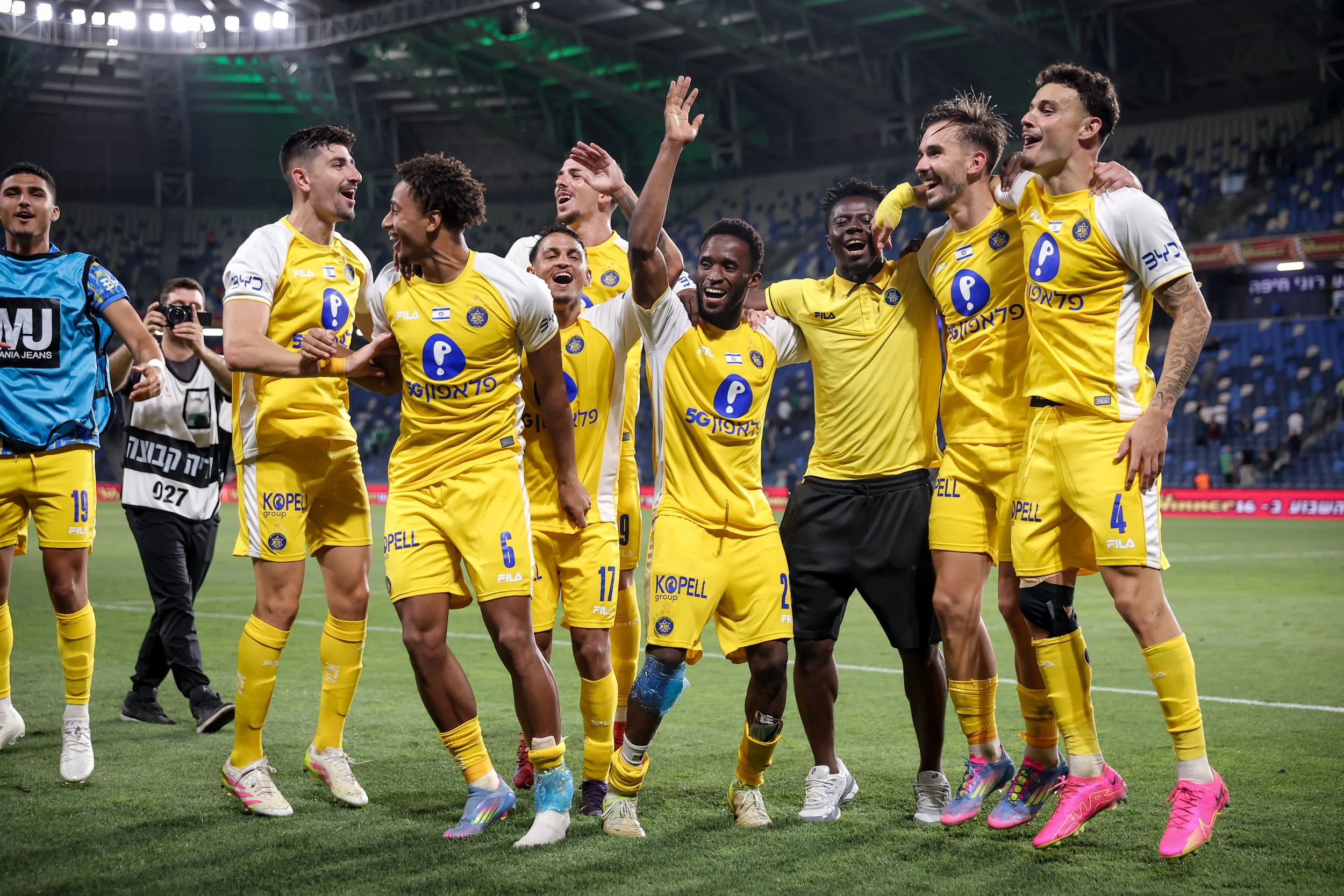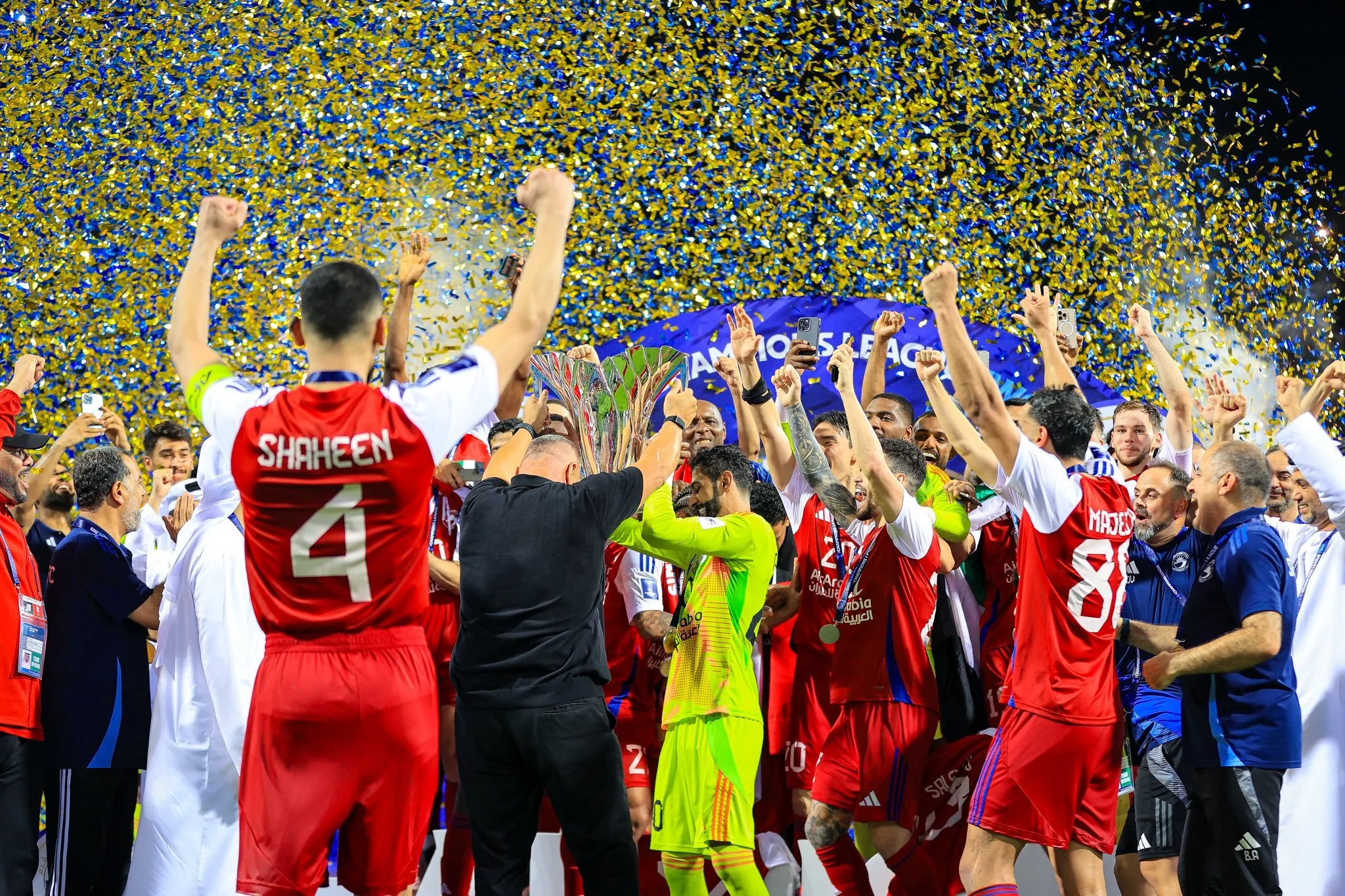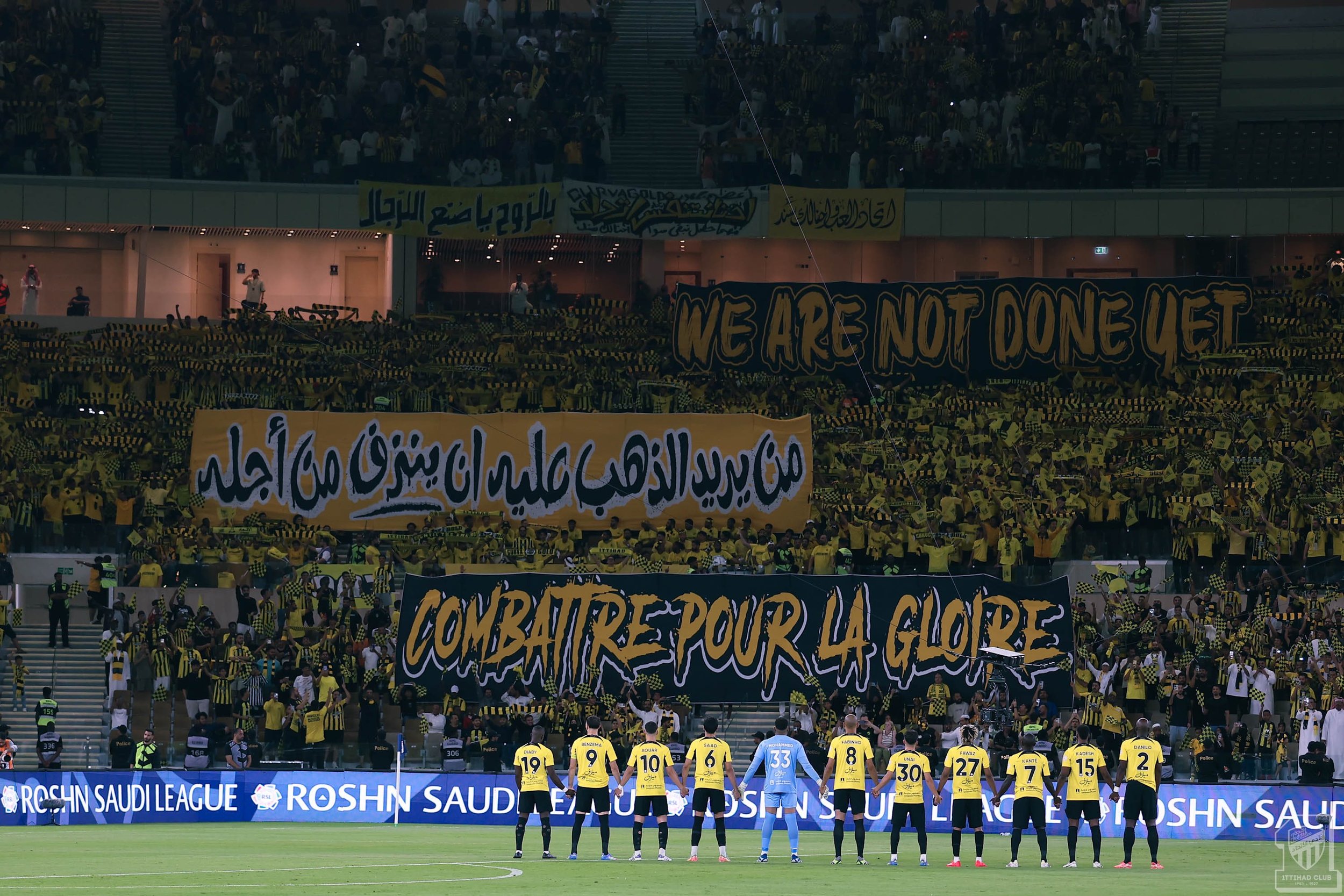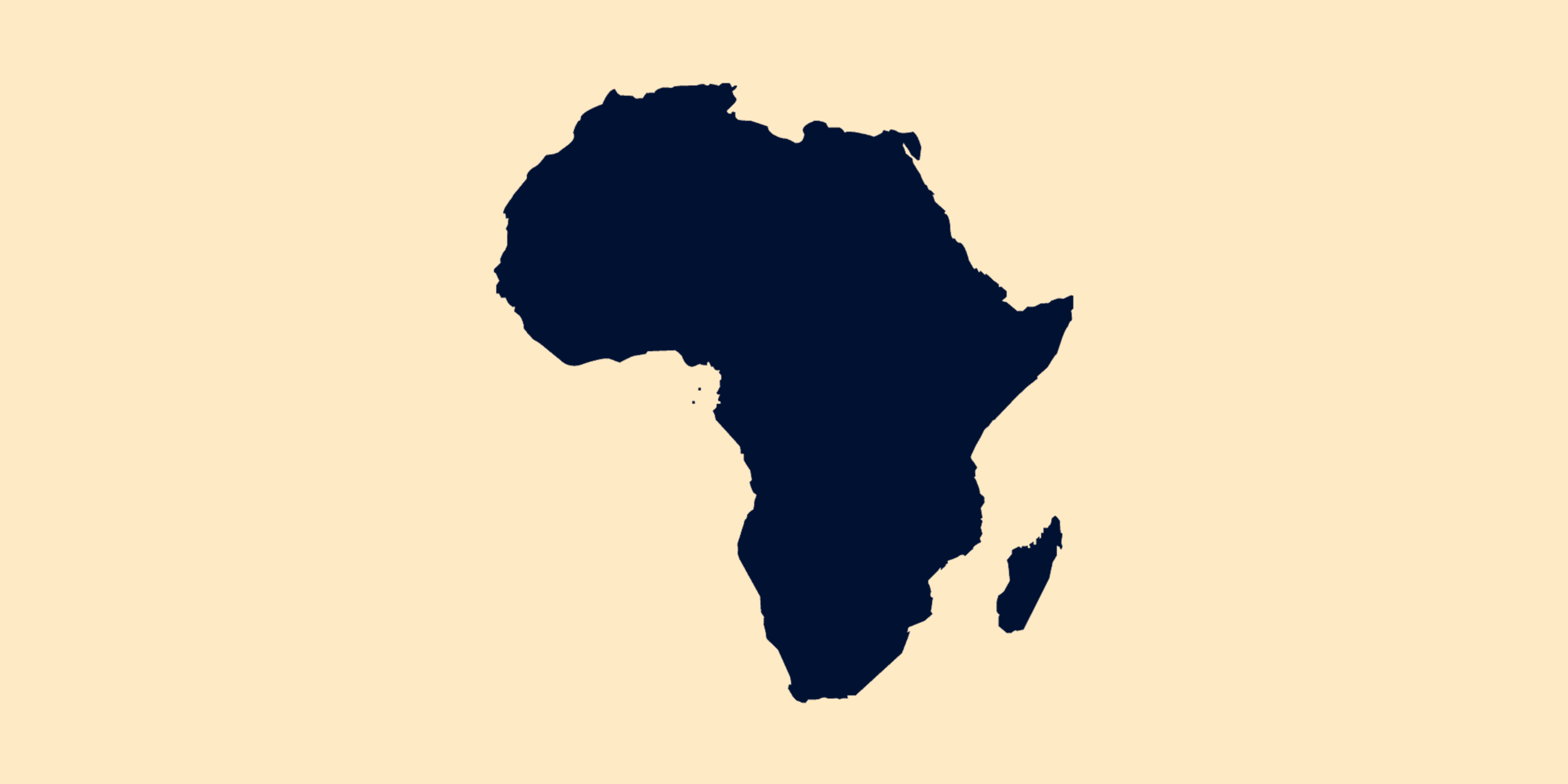The start of the 2018 World Cup qualifiers was one of the best in Ecuador’s history.
Four wins in the first four matches, including games against Argentina and Uruguay, put the Ecuadorians in first place, with a great chance to qualify for the finals in Russia.
But something happened to Gustavo Quinteros's players, and they only managed to notch up eight points in their next 14 matches. Ecuador finished the qualifiers with 20 points and failed to qualify.
Before the turn of the millennium, Ecuador was never considered a powerhouse of South American football.
They had never qualified for a World Cup finals, and failed consistently in the Copa America. Few players even had the ability to play outside of the continent, and they were often compared to the likes of Peru or Bolivia.
But, since their first World Cup appearance in 2002, something changed.
For a start, they followed Bolivia’s lead, and started playing their home games at an altitude, in Quito, and became a powerful force at their home ground.
This next generation of players were more talented too, and more were given the opportunity to play in Europe.
They qualified for the finals in 2006, and again in 2014 - even reaching the round of 16 in Germany.
After failing to qualify in 2018, it seemed like things had reverted back to the norm, but that wasn't the case.
And one of the main driving factors behind this change was Independiente Del Valle.
Promoted to the first division in 2010, the club were playing in the Copa Libertadores final six years later. In the last four years they have won the Copa Sudamericana twice, and the domestic league title once.
Their academy is the best in the country. and in recent years has brought through the likes of Moises Caicedo and Pierro Hincapie. We dedicated a piece to Del Valle's excellent academy.
Both players were among the best of the under-20s national team that made history, winning the South American championship, and finishing in third in the age group World Cup.
When the current head coach, Gustavo Alfaro, was appointed as manager of Ecuador in 2020, he built a team with a mix of veterans and talented youngsters.
They started well with wins against Uruguay at home, away to Bolivia in La Paz, and a massive 6-1 against Colombia.
And, while the rest of the qualifying campaign for this World Cup was, once again, characterised by ups and downs, Ecuador were able to take points home when they needed them most.
La Tri finished fourth in the table, with 26 points and a ticket to their fourth World Cup finals.
The Byron Castillo scandal
But, fans had barely started to celebrate and trouble was brewing.
The Chilean FA had complained about Ecuador’s use of the right-back, Byron Castillo.
The reason? Castillo was born in Colombia and, with a forged passport, became eligible to represent Ecuador. He played in eight qualifier matches, one of them against Chile.
Peru and Colombia also joined the appeal, with each of them hoping to take Ecuador's spot in Qatar.
After three months of deliberation, FIFA rejected Chile's demand.
The Court of Arbitration for Sport (Cas), on the other hand, decided to punish Ecuador, and the team will start their 2026 qualifiers campaign with a three point deduction, and the Ecuadorian FA were fined.
As for Castillo, who was supposed to be a starter in Alfaro's side but, to minimise the risk of any further punishments, he was not included in the squad for the finals.
Key players
It didn’t happen overnight, but La Tri’s most important player is 21-year-old midfielder Moises Caicedo.
A year ago he was playing on loan at Belgian outfit Beerschot, but returned to home club Brighton in January and really started to show off his skill as one of the best young talents in the world.
On the other end of the scale is the captain, Enner Valencia.
The 33-year-old Fenerbahce striker started the season in excellent form, scoring 12 goals from 11 matches.
If Ecuador want to go far in this tournament, Valencia will need to continue this form. He was the one to watch in the qualifiers, and is his country’s all-time top scorer, with 35 goals.
It’s also worth keeping an eye on Gonzalo Plata. The 21-year-old winger, who plays for Real Valladolid, was another product of Independiente Del Valle’s academy.
He was one of the under-20’s best players in both the 2019 South American championship and the under-20 World Cup.
Probable Lineup
Alfaro will probably continue setting his squad up in a 4-4-2 formation, the one he used most during the qualifiers. Depending on the opponent, however, it may turn into a 4-3-3.
The side’s strength is in its midfield and attack, but defensively appears to be both weak and inconsistent.
Over the course of their last five matches, Ecuador have only scored two goals, but during the qualifiers, they averaged 1.5 per game.
Despite having some solid players defensively, in the form of Pierro Hincapie and Pervis Estupinan, they conceded a lot during the qualifiers.
Alfaro’s gamble on Alexander Dominguez in goal seemed strange, especially considering the excellent form of Independiente Del Valle's Moises Ramirez, who was a key part of his side’s recent Copa Sudamericana win.
Group A - Qatar, the Netherlands, and Senegal
Ecuador were drawn into a fairly even group all things considered. Each of the four teams could advance to the next round.
The Netherlands are definitely the favourites to progress, but they won’t find it a walk in the park. While the hosts Qatar, on the other hand, are probably the weakest. But given their support from the home fans, don’t expect them to give up so easily.
Senegal’s squad is packed with potential, and was supposed to be a contender, before Sadio Mane’s injury. Without him, things will be much more difficult.
It’s therefore a complicated group for Ecuador, but not impossible.
They’ll help kick off the tournament against Qatar. A win would give them a much needed boost towards the round of 16. A loss would make it mission impossible.
The potential is there, but we’ll have to wait and see if they can implement it.
Edited by Alex Smith





